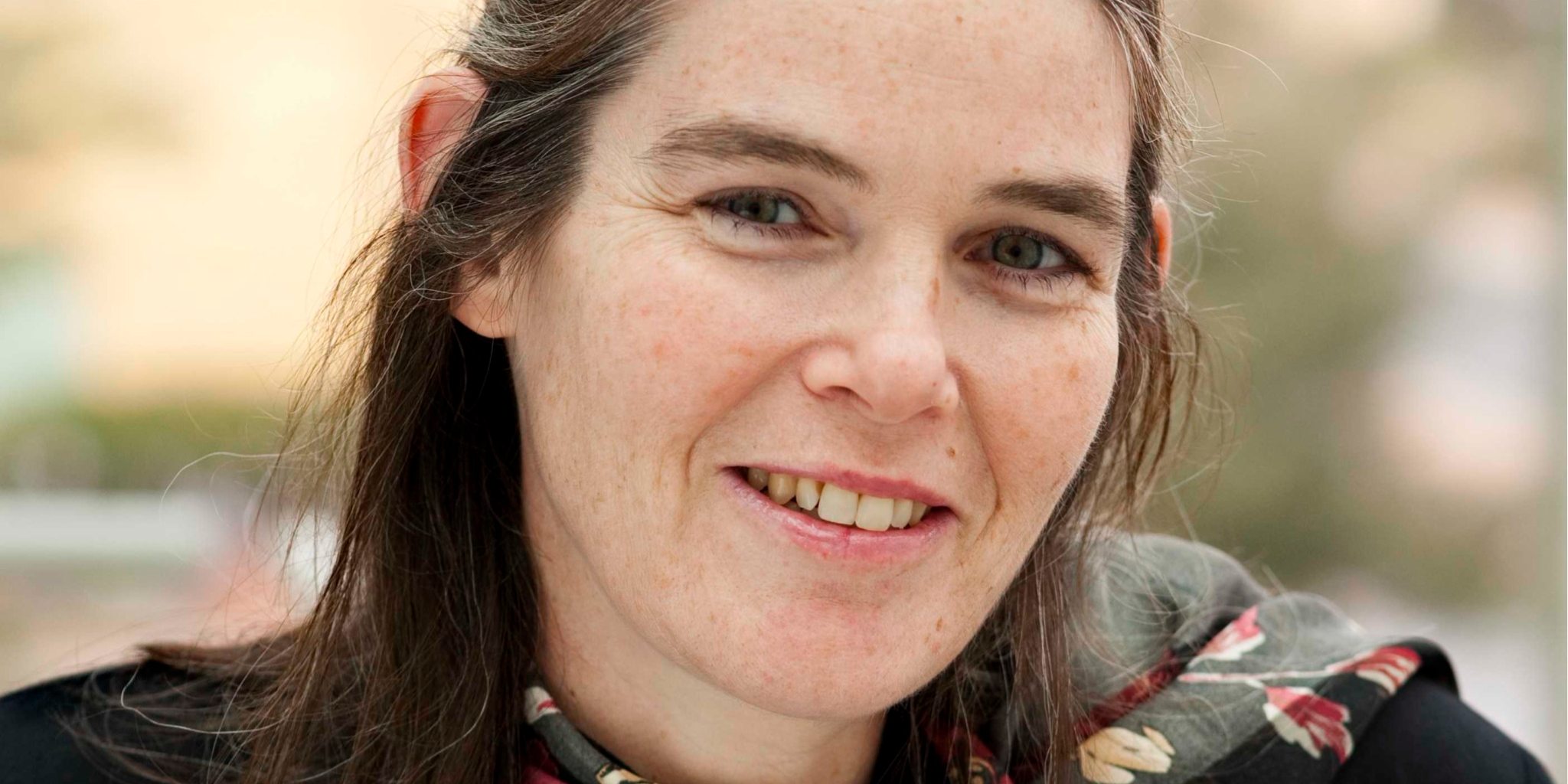
Out to ‘rethink the drug design process,’ AI star Daphne Koller is creating a new machine learning venture at insitro with some heavyweight backers
Daphne Koller has been busy.
Just two months since the high profile AI expert exited Google’s anti-aging biotech Calico Labs, where she was chief computing …
Sign up to read this article for free.
Get free access to a limited number of articles, plus choose newsletters to get straight to your inbox.